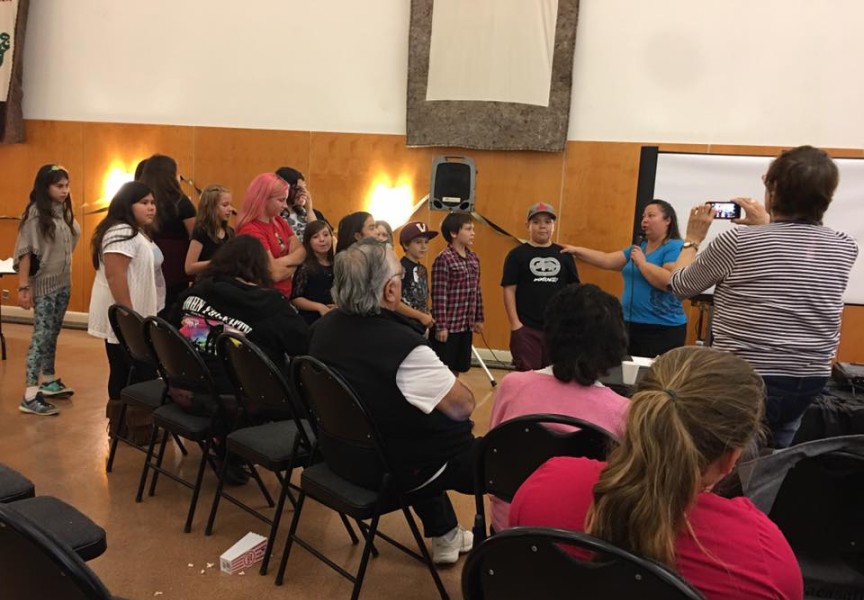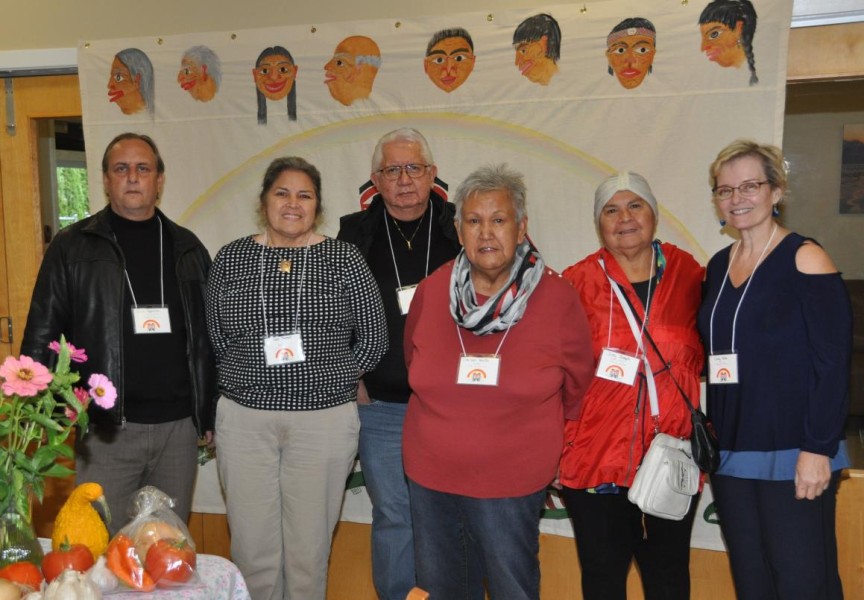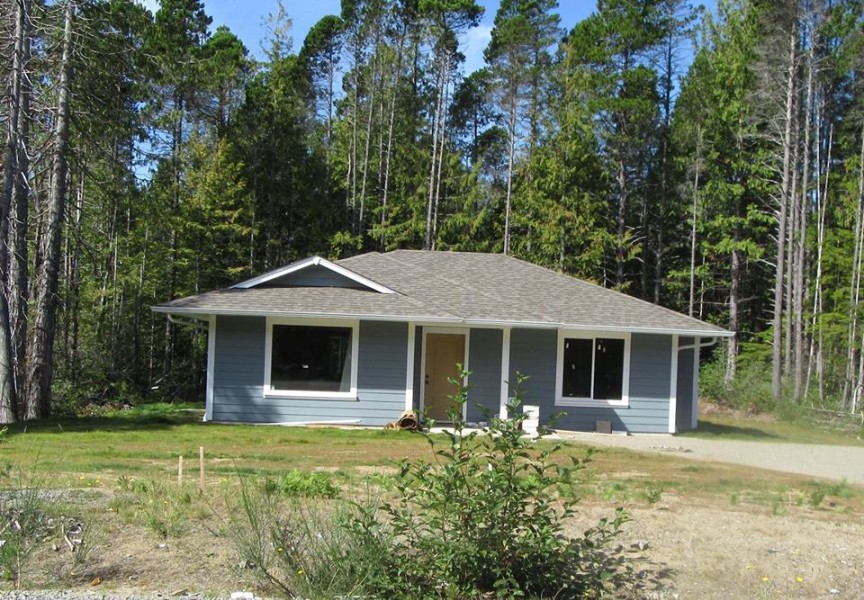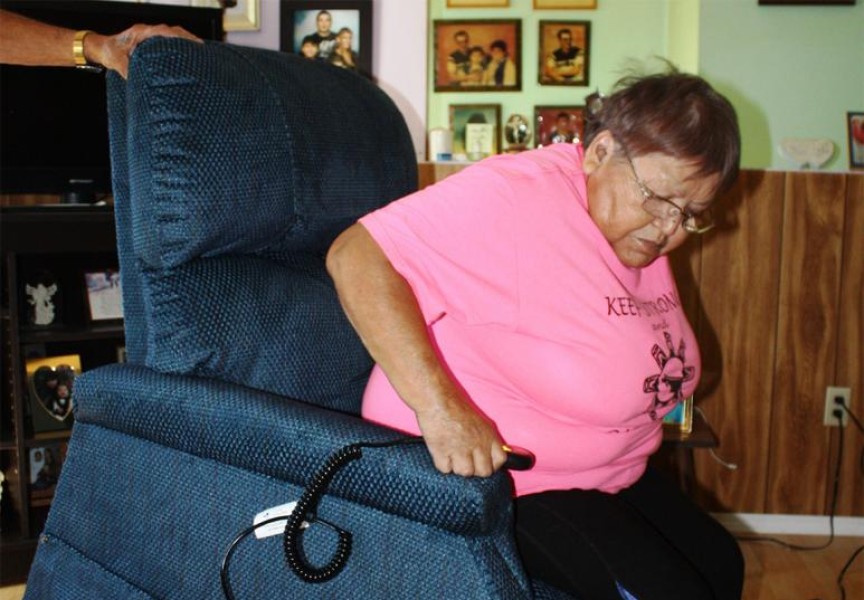Tofino – A diverse group of people including first nations, government representatives, environmentalists, scientists and industry gathered for a four-day symposium at Tin Wis Resort the first weekend of March. They examined what has been learned from 15 years of resource management in the region under the Clayoquot Sound Science Panel Recommendation (CSSPR) and what the future of resource management could look like.
On the evening of March 3 a gala dinner and opening ceremony took place at Tin Wis Conference Center. Keynote speakers were former BC Premier Mike Harcourt, who was in power and appointed the Clayoquot Sound Science Panel back in the 1990s.
Dr. Richard Atleo also shared his thoughts about sustainable forest practices in Clayoquot Sound. Dr. Atleo, also known as Umeek, served as a co-chair of the Science Panel bringing with him a wealth of knowledge of Nuu-chah-nulth culture.
The first full day of the symposium saw presentations from Tla-o-qui-aht First Nation, environmental organizations, industry and scientists. Each shared their thoughts about what resource management under the CSSPR has meant for the region and what can be done to improve the process for the future.
Later that day a panel discussion featuring former CSSP members was held. They discussed key recommendations in the CSSPR and new information that has come out over the past 15 years.
The group gathered in Ahousaht March 5 to hear that nation’s perspective on CSSPR. Later that afternoon a small group, including representatives from Heiltsuk First Nation, spoke about their perspective on the Great Bear Rainforest.
Representatives from Interfor and Greenpeace Canada made a joint presentation about the Joint Solutions Project, followed by hisuk’ish’tsawalk, a session about how to manage with respect, presented by Dr. Richard Atleo and Dr. Nancy Turner.
A series of discussions focused on various topics related to the Clayoquot Sound Scientific Panel Recommendations was held that afternoon. Ideas emerging from those discussions were carried forward to the larger group the following day.
On the final day the group took part in a facilitated discussion where they explored moving forward with monitoring, adaptive management and Science Panel implementation in Clayoquot Sound.
A full report will appear in the next issue of Ha-Shilth-Sa.







